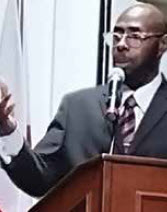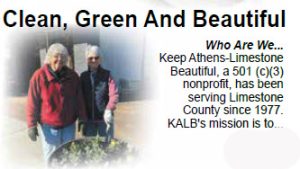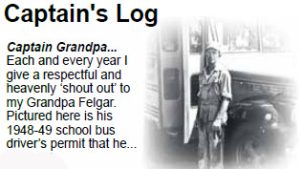As we observed Labor Day this week, a time dedicated to honoring the contributions of workers across the nation, it’s fitting to reflect on the often overlooked individuals whose quiet acts of kindness and integrity sustain our communities. Consider the healthcare provider who cares for those who cannot afford to pay, the employer who ensures fair wages even when it’s not profitable, or the local tradesperson who chooses honesty over exploitation. These people may not receive public accolades, but their work is vital to the fabric of our society. They represent the unsung heroes whose efforts are rarely acknowledged or rewarded in a world that often overlooks selfless service.
The Invisible Recognition: A Broader Perspective While society may undervalue these acts of service, there is a deeper truth that transcends societal recognition. For those who believe in a higher power, the assurance comes from texts like Hebrews 6:10 which remind us that no act of love goes unnoticed by God. However, this message extends beyond religious boundaries; it speaks to a universal principle of justice and recognition. Whether one is religious or not, there is comfort in the idea that good deeds, even when unrecognized by people, carry intrinsic value.
Justice Beyond Human Eyes: The All-Seeing Eye of Integrity In many traditions, including Christian Scripture, there is a belief that a higher power sees every small act of righteousness. For example, the Bible speaks of God’s care for the lilies of the field and the birds of the air, implying a divine attentiveness to even the smallest details (Matthew 6:26-30). The work done by those who seek to be a voice for the unheard often goes unrecognized by human institutions, but the principle of justice reminds us that such work is seen and valued beyond our immediate reality.
Understanding the Weight of Service: Acknowledging Sacrifice Hebrews 6:10 speaks to the idea that every effort made in the name of goodness and love is remembered, not just by a divine being but by the very essence of justice itself. This recognition is crucial, especially when the labor involves physical, emotional, or spiritual sacrifice. Acts of compassion are often lonely, filled with challenges that are not always rewarded in the short term. The life of civil rights activist Fannie Lou Hamer illustrates this well; despite facing immense personal suffering, she continued her work, driven by the belief that her efforts were known and valued.
The Promise of Justice: Reward beyond Recognition For those who believe in a divine power, there is a promise that transcends human systems of reward. While society may not always recognize or compensate small acts of kindness, there is a belief in a greater justice that does not adhere to the limitations of human recognition. The story of the widow’s mite (Mark 12:41-44) is a powerful illustration of this, showing that even the smallest, most sacrificial acts are of great value. However, this principle can also resonate with those outside religious circles, as it speaks to the intrinsic worth of compassion and integrity.
Encouragement for All Who Serve
As we celebrate Labor Day, a holiday that reminds us of the importance of work and the dignity of labor, let us also remember and honor those whose efforts go unnoticed. Every act of service, whether public or hidden, grand or small, carries immense value. For those who serve with integrity, justice, and love, the assurance is that their work is not in vain. Whether one finds strength in the promise of divine reward or in the satisfaction of contributing to the greater good, the call remains the same: to continue serving with the knowledge that such work is meaningful and impactful.
By: Eric Betts, Assistant Professor | Course Developer, Hampton University School of Religion







